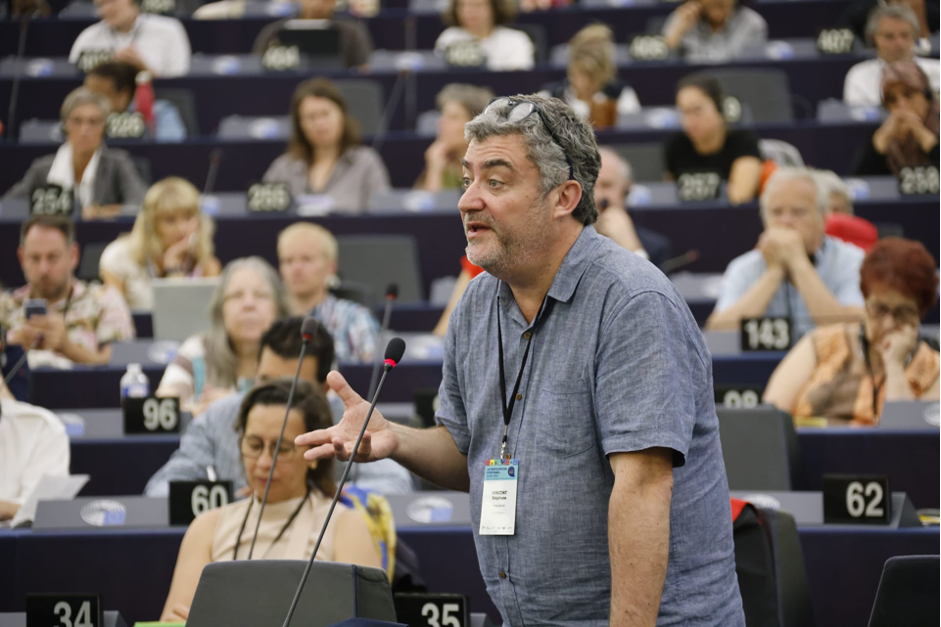 Why organizing such an event? Because, for too long, we forgot to dust our democracies and it is high time we do so.
Why organizing such an event? Because, for too long, we forgot to dust our democracies and it is high time we do so.
Because citizen participation is on everyone’s lips. Or at least on many people’s lips including elected officials, civil servants, media, researchers and obviously citizens. Not just in France but all over Europe (and beyond). How come? Well, it’s no secret that our democracies aren’t doing very well lately. And this is quite a euphemism. Indeed, our democracies are suffering (quite deeply) of decades of negligence. I know this might sound like a pretty harsh judgment but unfortunately, when we look at the evolution of our democracies for the last 50 years or more, it is pretty clear that they have not changed much. Even though voter turnout keeps diminishing in lots of countries. And even though ‘extreme’ political parties keep rising more and more dangerously. Our democracies, and the way they function, have not changed much. They did not renew themselves. We forgot to take care of it. To dust it. To rethink it. To renew it.
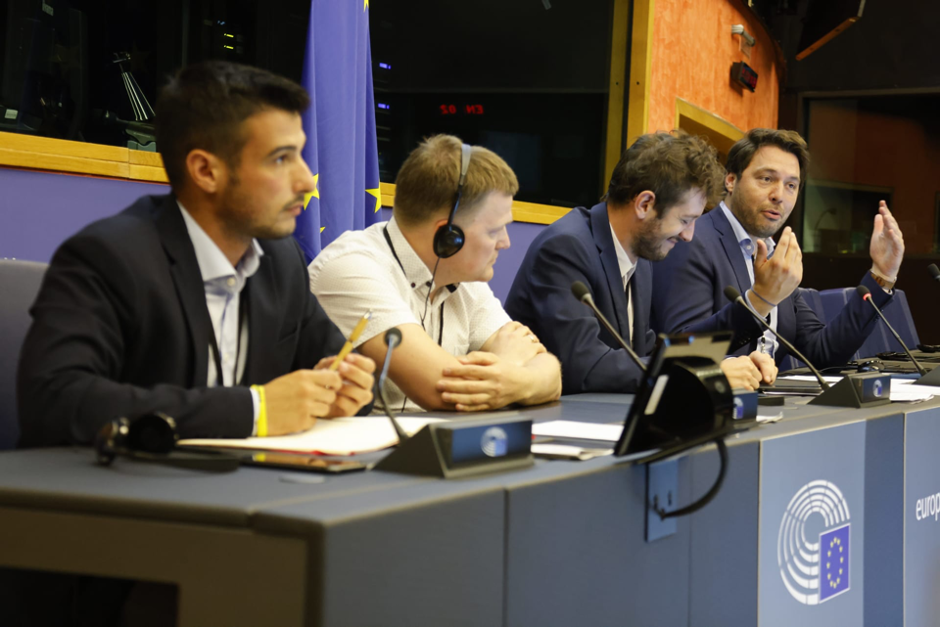 It's true that for the last decade (mostly) things are moving a bit, here and there, all over the world. We see new democratic practices being tried out and experimented. We observe more and more participatory processes being put in place. Even new laws emerging. As Graham Smith says, we’re observing democratic innovations multiplying across the globe.
It's true that for the last decade (mostly) things are moving a bit, here and there, all over the world. We see new democratic practices being tried out and experimented. We observe more and more participatory processes being put in place. Even new laws emerging. As Graham Smith says, we’re observing democratic innovations multiplying across the globe.
These democratic innovations take various forms: citizens’ assemblies, citizens’ jury, citizen councils, neighbourhood councils, direct legislation, deliberative committees, participatory budgets, participatory urban planning, direct participation, e-democracy, etc. All of these ‘democratic innovations’ all have in common that they tend (or try) to give more space, voice and power to citizens.
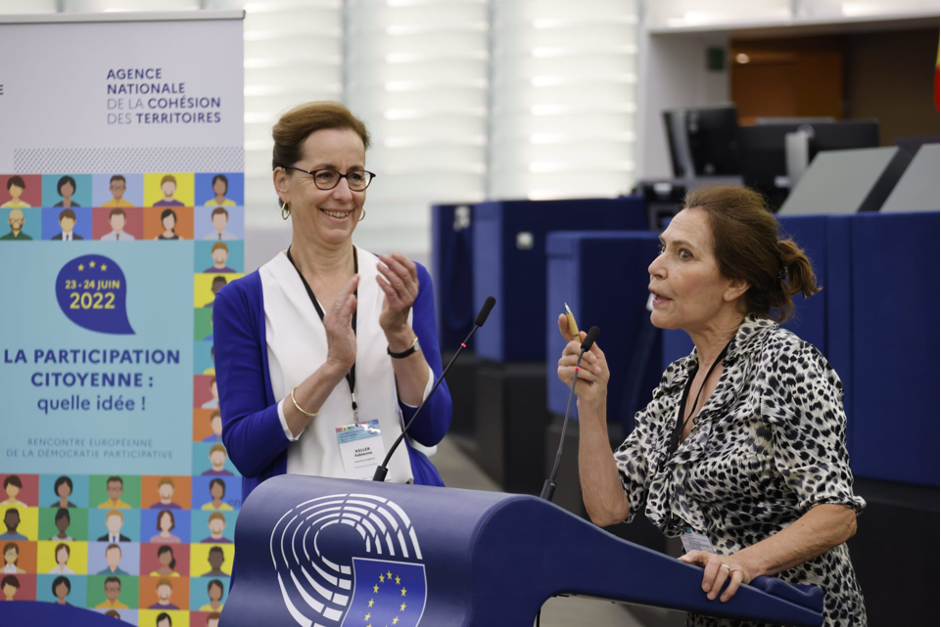 But, clearly, it’s not easy. Why? Mostly because no one (besides Switzerland eventually) has been used to participation: nor elected officials, nor civil servants, nor citizens themselves. No one has been trained to run participatory approaches. It’s therefore something rather new, unexplored, and risky. Participatory democracy is an unpaved road. For all governments: national, regional and local ones (even though local ones are usually less disconnected from citizens due to proximity between the government and its residents).
But, clearly, it’s not easy. Why? Mostly because no one (besides Switzerland eventually) has been used to participation: nor elected officials, nor civil servants, nor citizens themselves. No one has been trained to run participatory approaches. It’s therefore something rather new, unexplored, and risky. Participatory democracy is an unpaved road. For all governments: national, regional and local ones (even though local ones are usually less disconnected from citizens due to proximity between the government and its residents).
Many across Europe decide to change our democracy. To explore new ways of governing that could offer more space to citizens. To give them more democratic power than just a voting ballot once every couple of years. Lots of these pioneers or democratic adventurers as we could call them have decided to gather and exchange for this 2-day event in Strasbourg.
Participants from all over Europe, citizens, elected officials, civil servants, researchers, practitioners shared their views and experience on multiple questions (and tensions) of citizen participation. The titles of the many sessions that took place offer a good overview of the topics discussed during the event:
- Why our democracies in Europe need citizen participation? What’s at stake?
- Citizen participation? Hell no! – Game session on the reasons and pretexts for not doing participation
- The tribulations of everyday participation : the difficult operational implementation of participation
- Participation takes training: Developing training and support for participation
- Participatory democracy: a change in the role of elected representatives?
- The power to act: all legitimate!
- Participation yes! But let's take care of the participants!
- Digital solutions for democracy?
- What if we invented something other than neighbourhood meetings and referendums?
- The absentees of participation
- Participatory democracy: a new way of making public policy ?
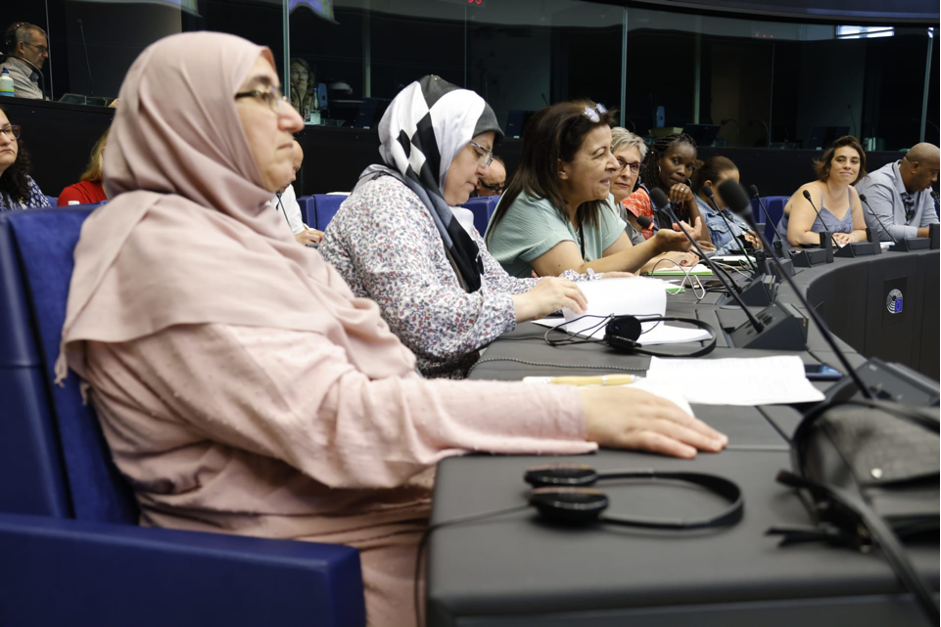 One can easily imagine the many debates such topics raised. And that’s all we could have wished for.
One can easily imagine the many debates such topics raised. And that’s all we could have wished for.
The researcher and philosopher Bernard Reber called for ‘consideration’ of citizens and a more inclusive democracy. The innovator Stéphane Vincent called for a great transformation of policymaking processes and a renewal of administrations while the designer, Armel Le Coz, called for democratic creativity and territorial experimentations.
Participants also discussed the need for an evolution of the posture and role of elected officials: passing from being the sole decision-maker and policymaker to organizer and guardian of the democratic debate. Citizens discussed the need to be more recognized, taken into account and valued. The citizen collective Pas Sans Nous (Not without us) called governments to equip themselves ‘with ears, to listen’ to what citizens have to say. Civil servants insisted on the need to be trained along with elected officials and citizens to participatory approaches. And at the same time, there is need to change regulations, policies, legal frameworks to enable, or facilitate or even just allow greater citizen-based decisions and participatory processes.
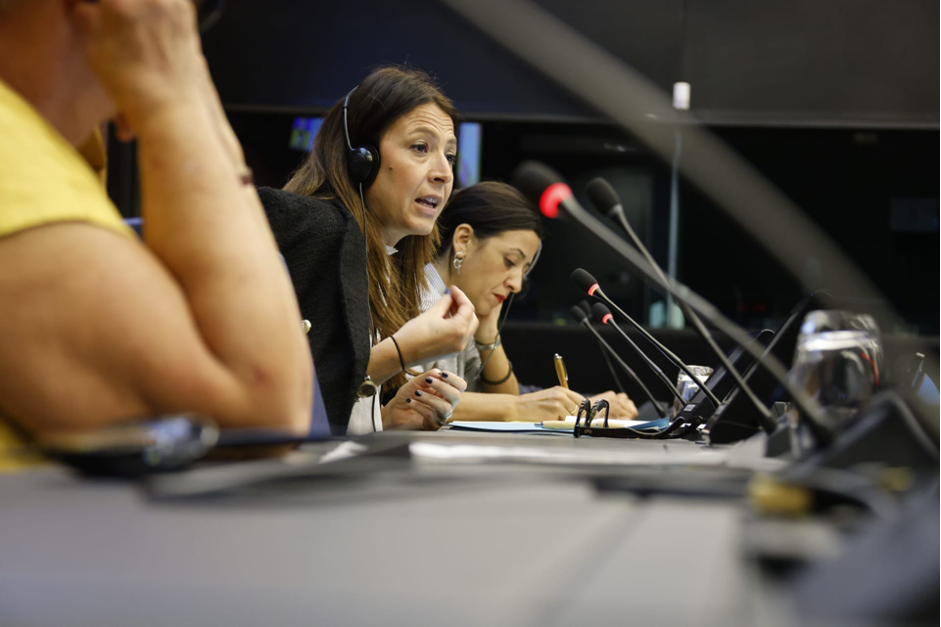
Yes. There is a long way down. And none of the participants to the event had any perfect recipe or miracle solution to participatory democracy. And that’s how it should be. How it should even remain. Otherwise we’d be applying it everywhere then be satisfied with it for another couple of decades until we realize that our democracies are rusted again. Democracy should be seen as a living organism that we should care for constantly. That we should nurture. Endlessly.
Events such as the one that took place in June 2022 in Strasbourg should be replicated. Many times. In many places. On a regular basis.
Democracy will vanish if we ever forget we have it.
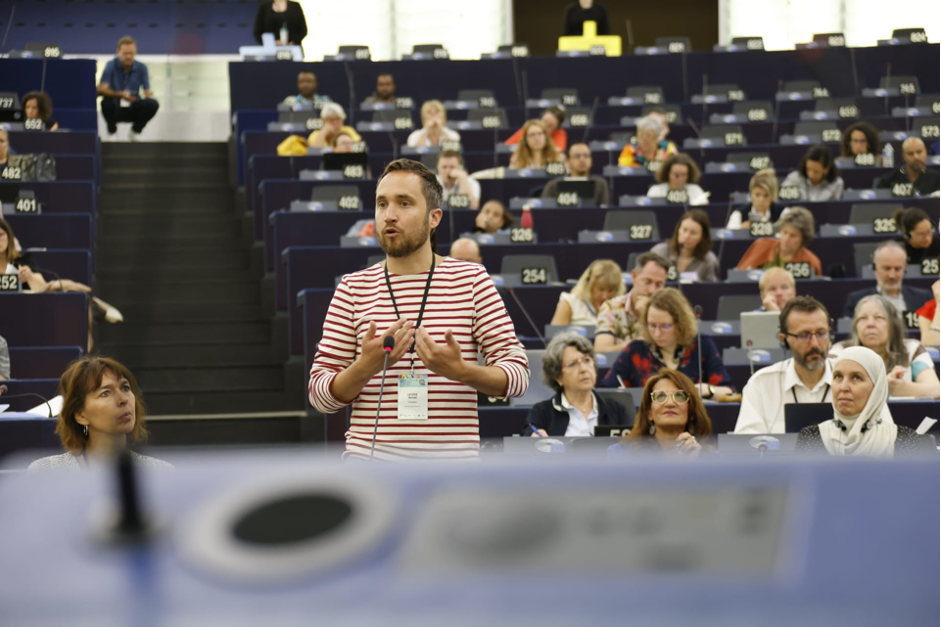
------
Photo credits: Conseil National des Villes

